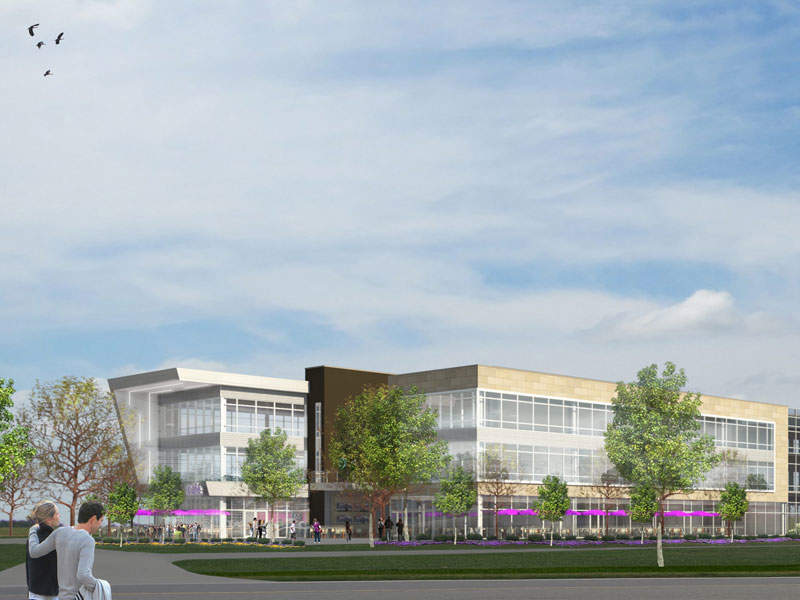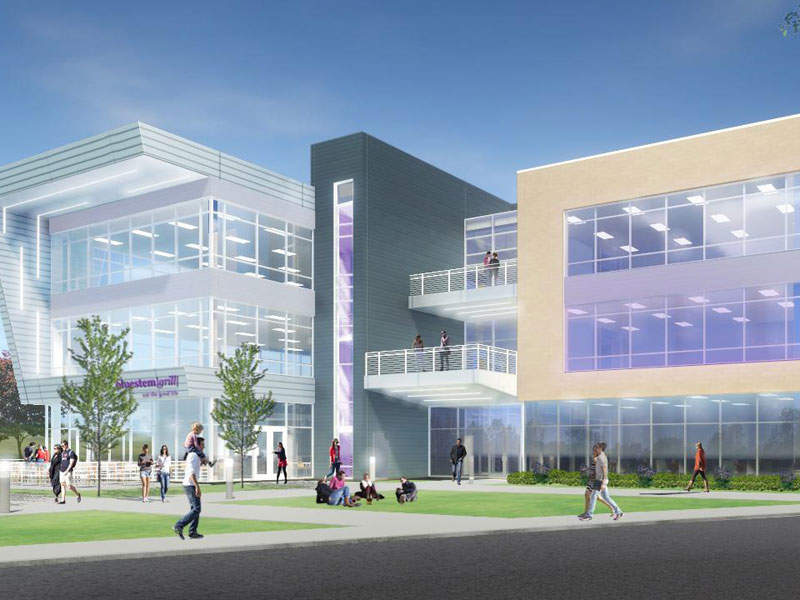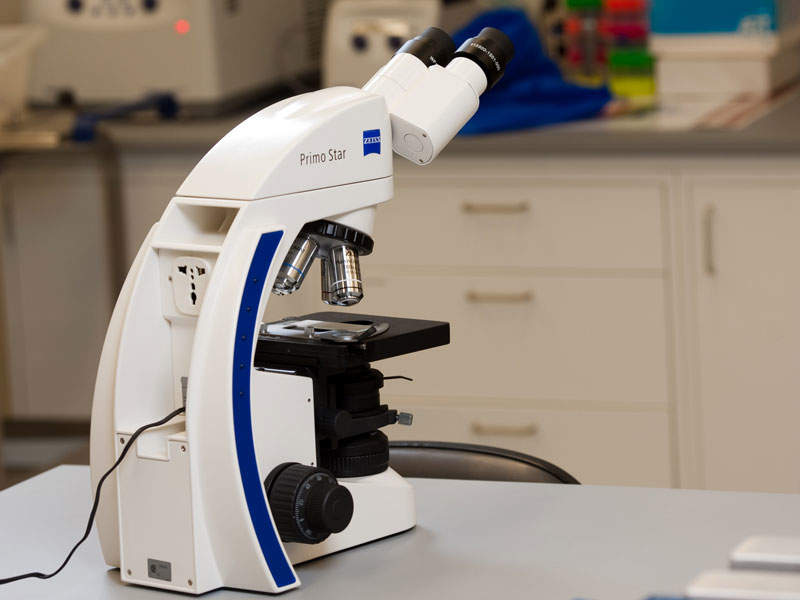In May 2017, Chinese animal vaccine company Jinyu Bio-technology unveiled plans to establish its first US-based vaccine research lab and office facility, located in Kansas.
The facility will be located within the Kansas State University (KSU) Office Park phase II building, on the north side of the KSU, in Manhattan.
A ground-breaking ceremony for the project was held in June 2017.
Jinyu’s laboratory is scheduled to become operational in August 2018 and will employ between four and six scientific researchers, who will focus primarily on animal health research.
Jinyu USA will also collaborate with the State of Kansas, the City of Manhattan and KSU to develop and produce animal health products for the Chinese, Asian, African and American markets.
Details of Jinyu’s vaccine research lab and office facility
Jinyu’s vaccine research lab and office facility will house three offices, a 2,400ft² research lab and 800ft² of cleanroom space.
The site will feature state-of-the-art equipment to be used for the research and design of vaccines to treat and control parasites in swine and cattle.
The facility will also focus on developing educational materials to assist Chinese companies and veterinarians.
Location of the Jinyu Bio-technology facility in Kansas
The facility is part of the 60,000ft² phase II expansion of the KSU Office Park, located in the Kansas City Animal Health Corridor.
It is being developed by KSU’s fundraising arm, KSU Foundation.
The site will be situated close to around 300 animal health companies, the KSU College of Veterinary Medicine, the National Bio and Agro-Defence Facility, Biosecurity Research Institute, and several cutting-edge research facilities.
The company intends to deploy its future manufacturing facilities in the Kansas City Animal Health Corridor.
Jinyu held discussions with the officials of the state of Kansas, the city of Manhattan and other organisations for two years prior to the construction of the research lab and office in the Kansas State University Office Park building.
Benefits of the Jinyu Bio-technology lab and office facility
Jinyu’s vaccine research site will allow the company to build long-term, mutually beneficial relationships with partners in Kansas.
It will also help the company to develop technological innovation and expertise in animal health research.
The incorporation of Jinyu’s laboratory into the KSU Office Park phase II building is also expected to support KSU’s research and development activities in the biopharmaceutical sector.
The facility will also contribute to the economic growth in Pottawatomie, Riley and Geary counties by creating employment opportunities and partnerships.
Marketing commentary on Jinyu
Jinyu Bio-technology was founded in March 1993 and currently employs around 1,100 people. It is based in Hohhot, the capital city of Inner Mongolia.
The company is engaged in the development, manufacturing and sale of foot and mouth disease (FMD) vaccines and veterinary biological products to Chinese and international markets, including Mongolia, Bangladesh and Egypt.
Jinyu was responsible for the construction of China’s only Veterinary Vaccine National Engineering Lab in 2008, which covers 10,900m² and conducts scientific research and experiments relating to animal health and the production of veterinary vaccines.
The company is currently building Jinyu International Biotechnology Industrial Park in Hohhot, China, to research and develop advanced animal vaccines. The park is expected to be opened in 2018.






